Ann Richmond
-

Vanderbilt University honors emeritus and emerita faculty at 2025 Commencement
Vanderbilt University honored 32 retiring faculty members on May 9 for their years of service by bestowing upon them the title of emerita or emeritus faculty during Vanderbilt’s Commencement ceremony at GEODIS Park. Two outgoing deans also were recognized for service to the university. Read MoreMay 9, 2025
-
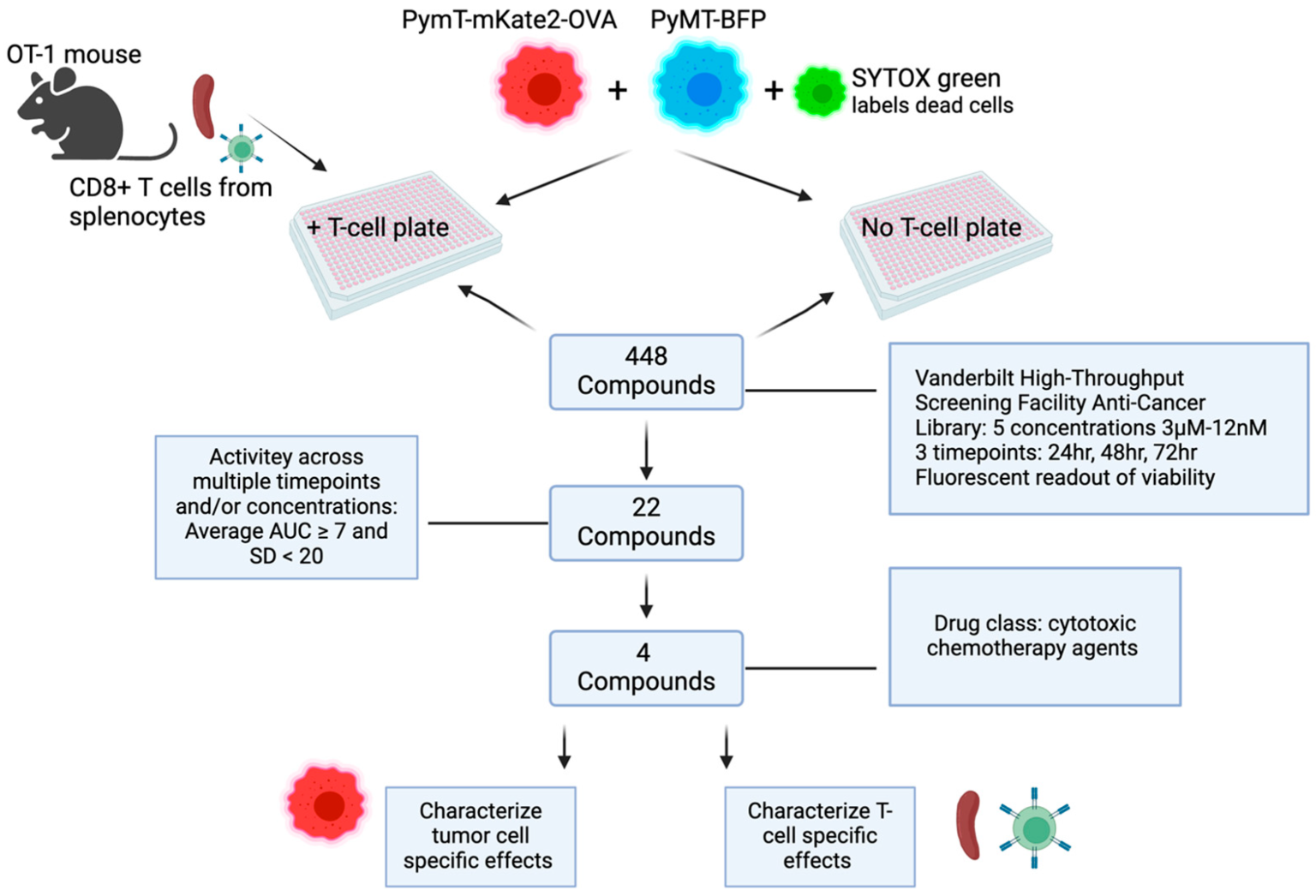
Vanderbilt researchers identify potential drug combinations to improve breast cancer treatment
Kevin Murphy, Andrew W. Mellon Chair in the Humanities and professor of history of art and architecture, and Mary Anne Hunting, BA’80, have uncovered the histories of female architects in the American Modernism period of the U.S. in new research. Read MoreMar 26, 2025
-
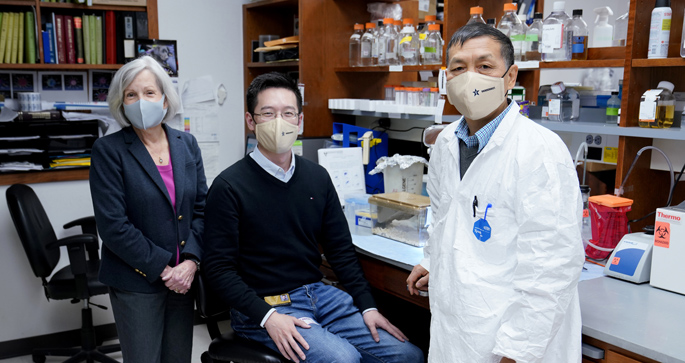
Study reveals new strategy for reducing tumor growth, metastasis
A team of Vanderbilt investigators has discovered that blocking a certain signaling pathway boosts antitumor immunity and reduces tumor growth and metastasis in models of breast cancer and melanoma. Read MoreDec 17, 2020
-

A potential new targeted therapy for metastatic melanoma
While 60 percent of people with metastatic melanoma, an aggressive type of skin cancer, have multiple treatment options available to them, roughly 40 percent either do not respond to treatment, or relapse. Read MoreAug 19, 2020
-

Potential second-line melanoma treatment identified
A study led by Anna Vilgelm, MD, PhD, and Ann Richmond, PhD, has identified a possible second-line treatment for melanoma patients. Read MoreAug 15, 2019
-
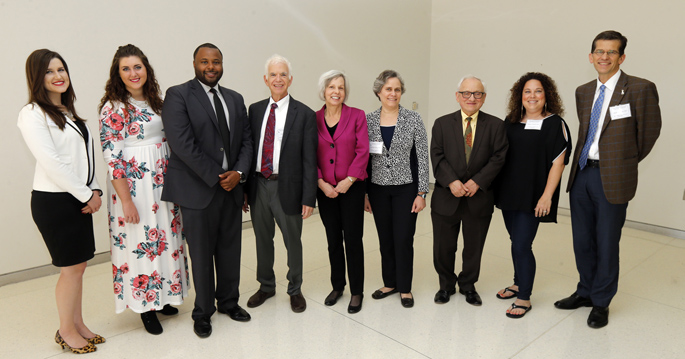
Veterans Affairs Research Conference
The 3rd National Veterans Health Affairs Research Conference held at Vanderbilt University Medical Center May 17-18. Read MoreJun 1, 2017
-

Richmond to speak at national VA research conference on cancer immunotherapy
Vanderbilt University cancer researcher Ann Richmond, Ph.D., 2016 recipient of one of the highest honors for scientific achievement bestowed by the U.S. Department of Veterans Affairs, will be a keynote speaker during a national VA research conference next week at Vanderbilt University School of Medicine. Read MoreMay 11, 2017
-
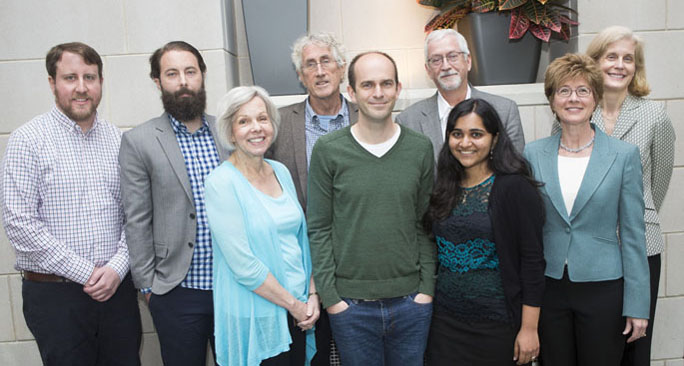
Top cancer researchers reveal latest findings at VICC science retreat
Ordinary cells can be transformed into cancer cells through epigenetics — changes to DNA that turn genes on or off. Those gene changes can protect cells or make them vulnerable to disease processes including cancer. Read MoreMay 11, 2017
-

VICC Annual Scientific Retreat slated for May 4
Leading cancer investigators from several prominent universities and laboratories will headline the 2017 Vanderbilt-Ingram Cancer Center Annual Scientific Retreat, to be held Thursday, May 4. Read MoreApr 27, 2017
-
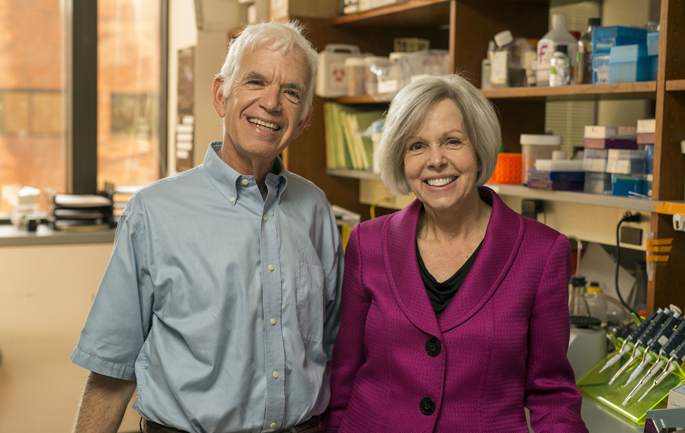
VA honors Richmond’s scientific contributions
Vanderbilt University cancer researcher Ann Richmond, Ph.D., has won the 2016 William S. Middleton Award, the highest honor for scientific achievement bestowed by the Biomedical Laboratory Research and Development Service of the U.S. Department of Veterans Affairs (VA). Read MoreOct 6, 2016
-

Combining treatments for melanoma
Combining therapies for melanoma that induce cell senescence and that activate the immune response may improve outcomes for patients. Read MoreFeb 18, 2016
-

VICC Annual Retreat focuses on immunotherapy
Efforts to enable the immune system to “see” the cancer and attack the aberrant cells were the prime focus during Vanderbilt-Ingram Cancer Center’s Annual Retreat, held April 30 at the Vanderbilt University Student Life Center. Read MoreMay 21, 2015
-
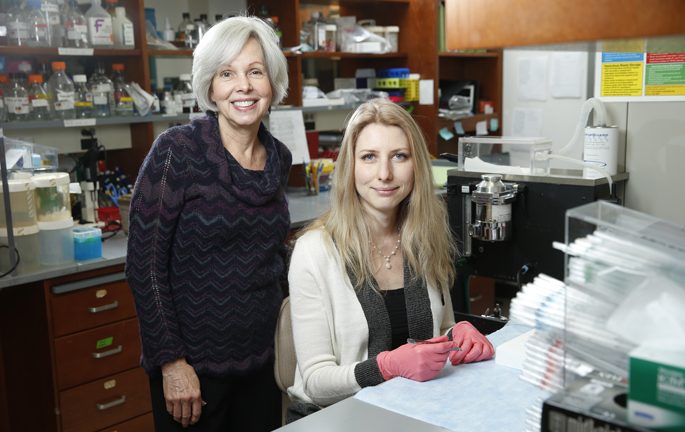
Study tracks combination therapy to treat melanoma
Melanoma is the most lethal form of skin cancer, with high mortality rates. While new drugs have been approved to treat the disease, patients nearly always develop resistance to the therapies and the cancer advances. Read MoreJan 8, 2015
-

Immune cell activity and melanoma
The activity of a certain factor in immune cells is essential for an anti-tumor response, emphasizing the need to consider the effects of anti-cancer therapies on immune cells. Read MoreNov 6, 2014
-

VICC hosts cancer researchers during annual retreat
The role of inflammation in gastrointestinal cancer development was a prominent theme among guest speakers during the Vanderbilt-Ingram Cancer Center annual retreat held at the Vanderbilt Student Life Center. Read MoreMay 23, 2013
-
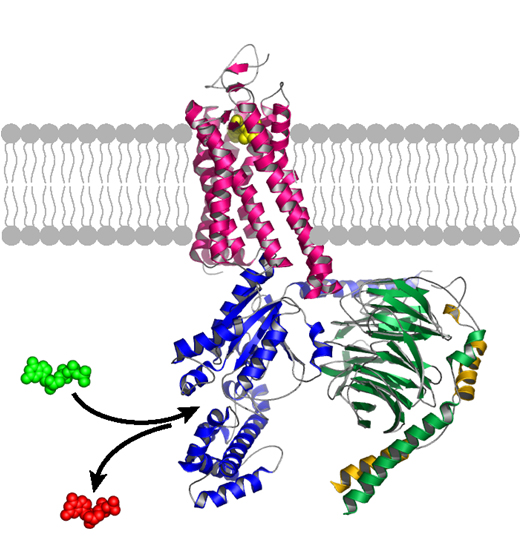
Nobel in Chemistry reveals VU ties that bind
Several Vanderbilt researchers have collaborated with this year's Nobel Chemistry winners. Read MoreOct 18, 2012
-
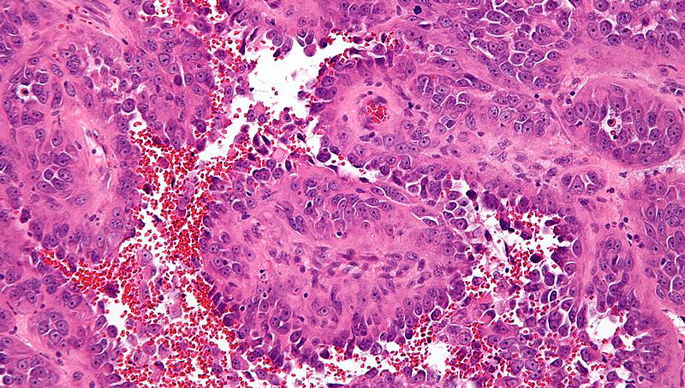
Target acquired for aggressive tumor
New therapeutic target for angiosarcoma – an aggressive, highly fatal tumor of the blood vessels – identified. Read MoreSep 27, 2012
-

New drug mutes more melanomas
An experimental melanoma drug may be beneficial for patients not eligible for targeted therapies. Read MoreApr 26, 2012